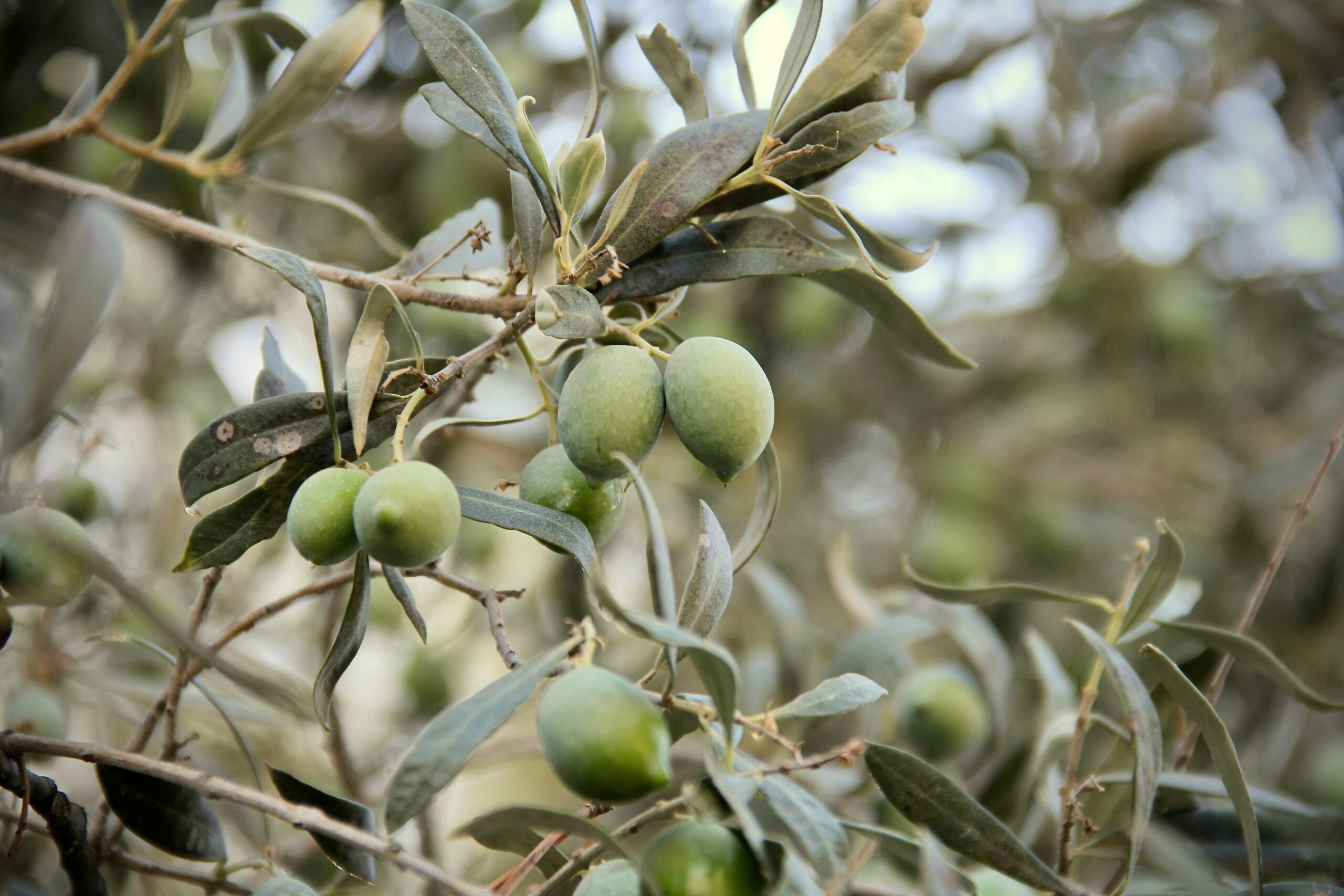Olive gene mapping to assist variety selection

Image: Unsplash
By Laura Thomas
An international gene mapping project is expected to provide a deeper understanding of the humble olive, for the benefit of growers across the world.
As reported in the Olive Oil Times, researchers have now completed genome mapping of the Leccino and Frantoio olive varieties.
Originating in Italy, both varieties are grown in countries across the world, including Australia.
Genetic mapping will allow comparison of the two varieties and provide a better understanding of olive tree genetics, as producers across the world continue to adapt to climate change.
Read the full article in the Olive Oil Times or access the research paper here.
A better understanding of the characteristics of individual varieties will allow producers to make more informed choices about the types of olives they choose to grow, according to Australian Olive Association Chief Executive Officer Michael Southan.
“Currently, there is no olive tree breeding program in Australia,” he said.
“Our industry relies on varieties imported from Italy, Greece and Spain, many of which are quite old.
“Traditionally we’ve been looking at varieties and selecting them based on their quality, more so than their absolute suitability.”
Mr Southan said Australia was generally very well suited to olive growing, thanks to its warm, dry summers, wet winters and Mediterranean climate.
But other factors such as pest and disease resistance, frost tolerance and quality were important factors to consider in olive variety selection.
This research will help provide a deeper understanding of a variety’s unique characteristics and furthermore, its suitability and adaptability for use in Australia.
“Frost is a big problem for Australian growers – in late spring it affects flowing and in winter it affects fruit harvest. So being able to select more frost tolerant varieties will be very useful,” Mr Southan said.
“Pest and disease is another factor and some varieties have more resistance than others.
“Quality is also very important –environment and also management play a part, but the inherent quality is in the genetics.”
Sources:
https://www.oliveoiltimes.com/
https://www.nature.com/articles/s41597-025-05363-4
